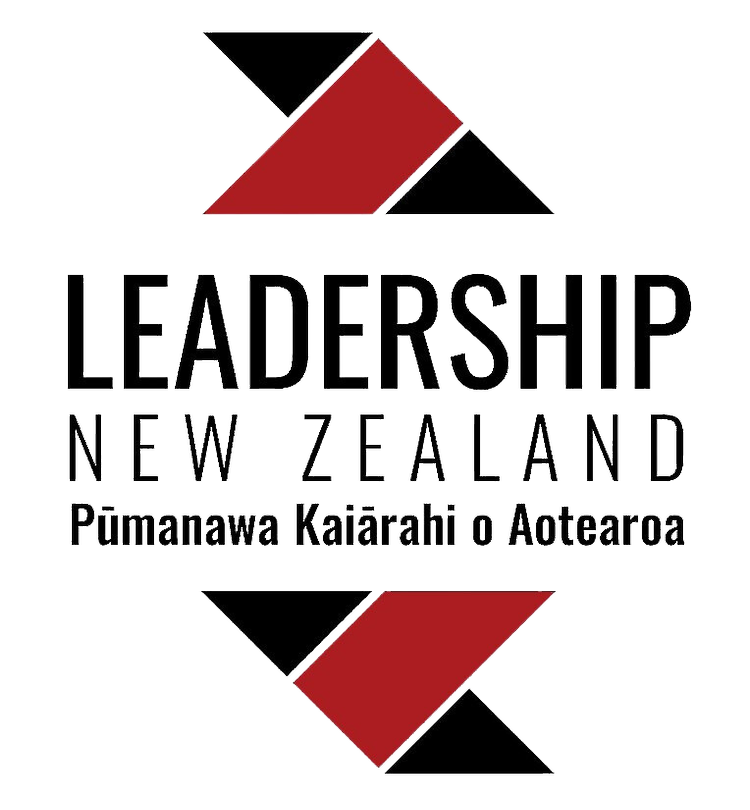Our Roots, Our History
Programme participant Nick Ruane shares his experiences and thoughts on Session Three held in Northland.
I was really excited to be heading to the far north, having never been any further north than Matakana. And the north did not disappoint. The Leadership NZ 2014 group met at the base of Sky City in Auckland on a Thursday morning all carrying different emotions, I felt that this session would deliver something special, perhaps something that had not come from the other two previous sessions.
The focus of the session was a gain a deeper understanding of Maori and Pakeha, of the special relationship between our two peoples, and of the treaty, the founding document of Aotearoa / New Zealand. There would be some ‘crunchy conversations’, conversations on topics of a sensitive nature, race, land, power, who has it and how they use it. All good topics for robust discussion.
Our Leadership NZ far north session begun with some really special time with Chris Farrelly from Manaia PHOin Whangarei. Chris’s talk was set against a picture of ‘The road less traveled’ by Robert Frost, a very relevant way to set off our discussion on leadership. The two aspects of Chris’s talk that stuck with me were firstly; Manaia’s kaupapa, which is to operate as a treaty based organisation. This was and is really ground breaking in the health space and I saw it as a positive way for Maori to structure their organisations. Additionally Chris spoke about power. He suggested that the Crown interacts with Maori but it doesn’t genuinely engage about sharing power and resources. This discussion about power, given in a quite subtle but definite way by Chris, served as the entrée for what was about to come later in the day in Moerewa.
Our next stop on the way to our final stop of Kaikohe was Moerewa. We stopped at He Iwi Kotahi Tatou Trustand were hosted by Ngahau and Debbie. All of our talks began with a very warm welcome, both in Moerewa and previously in Whangarei. The trust in Moerewa adopted a ‘local solutions for the local community’ based approach to inform the kaupapa within their organisation. This lead to some ‘crunchy’ conversations when the topic moved onto pakeha models being implemented within the community by the Crown within the education context. We were left under no illusions that for this community, ownership of their own problems through implementing their own solutions was the only way. It was part of our journey to hear voices from all parts of the spectrum and we all respected the trusts courage to take ownership of the issues within their community and look for solutions to the challenges that they face.
Finally as evening approached on Thursday we arrived in Kaikohe, our destination for the remainder for the session. Our home marae for the session would be Kohewhata marae, recently built in April 2012.
The tangata whenua (Nga Puhi) when we arrived at Kohewhata were fully engaged in the powhiri as were we in giving speeches reflective of where we had come from as a group, the land we all stood upon, the intention we all had for the time we came up for. Once we were welcomed onto the marae we then became tangata whenua and would welcome our guests.
Friday would bring a day of leadership tools, working in groups and triads and a day trip to Waitangi. The trip to Waitangi was the highlight of the day. We again took a bus trip, up to Waitangi. Of particular interest was the upper treaty grounds and marae, the differences between the marae at Kohewhata were noticeable, with Waitangi’s upper marae being older, resplendent with tukituki paneling. A highlight was a talk at Hobson Bay with a LNZ graduate George Riley on the history of the Waitangi area, the land, its history and the history of the waka and the carvers.
When we arrived back at Kohewhata we were presented with a challenge of preparing a meal for the entire marae and for invited guests, totaling 40 people. It is always interesting to have over 30 established leaders in one room establishing their mana through a group challenge like this. As a group, we did OK. We quickly divided into teams, set a menu, and got started. This year’s requirement for no alcohol provided an extra opportunity for our entertainment team, so plenty of song and community spirit was required and came out.
Saturday provided for the last day at Kohewhata, we heard from Justice Joseph Williams and Aroha Harris on our founding document, the Treaty of Waitangi as a historical document and one that will form the basis of the relationships between Maori and Pakeha into the future. Both speakers were able to, with consummate ease, bring the Treaty to life, breathing life into the document through role-play and discussion, creating a deeper understanding of what occurred back in 1840 and how those events will effect and impact our future.
This session was important. It set a tone for future sessions by making difficult topics open for discussion through openness and honesty. Everyone approached this session with a willingness to engage and a desire to understand that which they might have not understood or appreciated previously. We, as a group dealt with some ‘crunchy’ topics honestly and openly, with nothing left off the table for discussion. If we can approach the next sessions and retreats with this same spirit, this programme will make a real impact.

